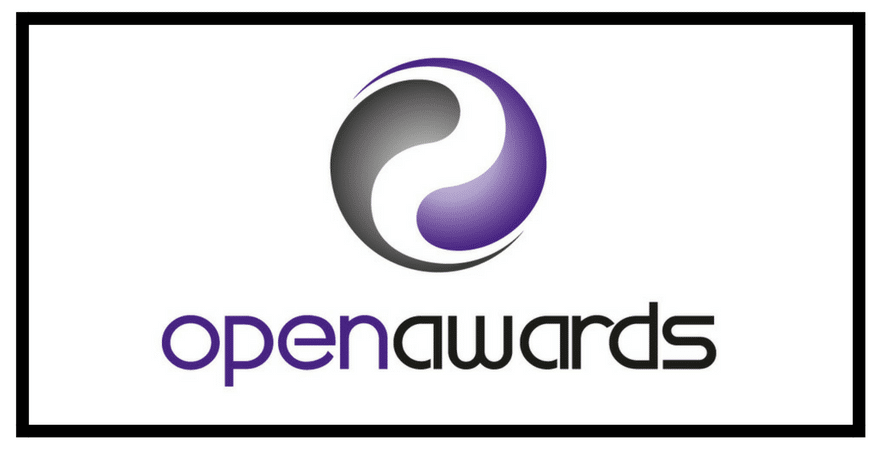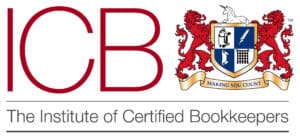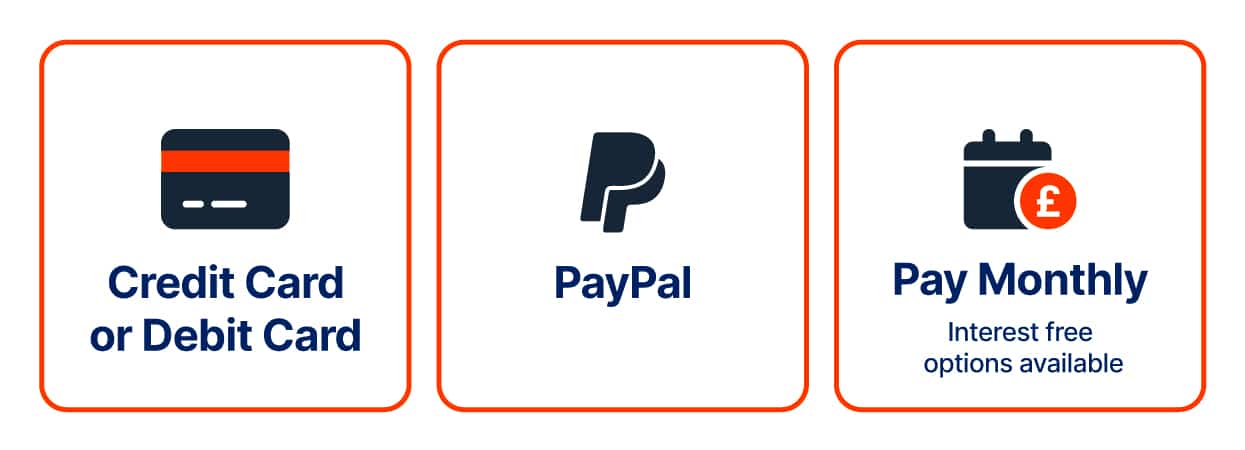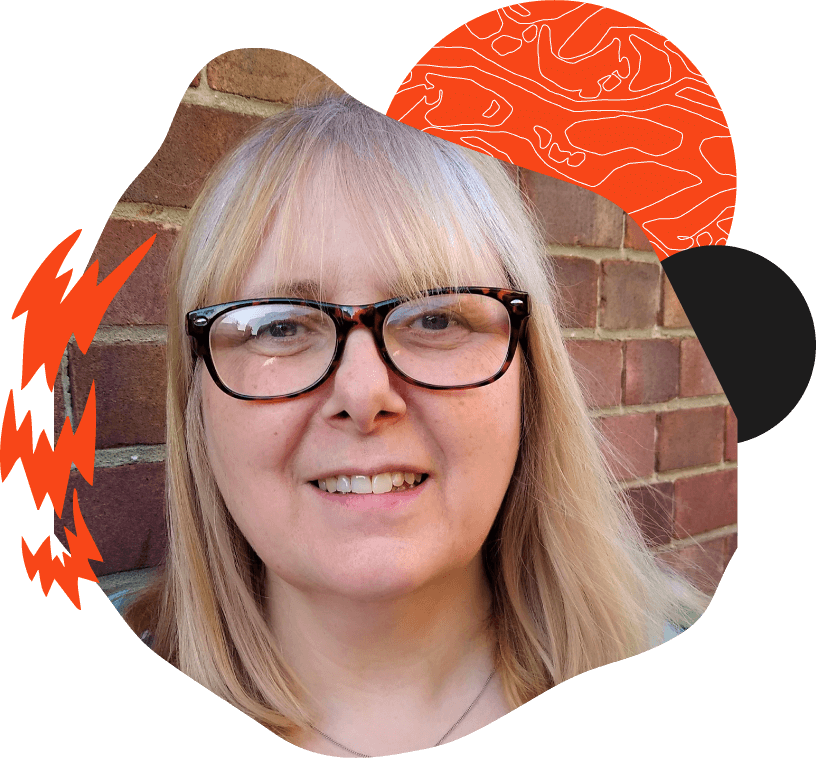Overview
Are you currently in a supporting role in a school? Or have you always wanted to become a teacher? An Access to Higher Education Diploma in Education can help jumpstart your career in something you love. Students go on to work in primary schools, secondary schools, colleges or even universities in the future.
You could work with children of all ages and support them and teach them to follow their dreams, just like you can do. You could become the teacher of a future world-renowned scientist or doctor, and you can feel pleased with yourself knowing that you helped them get to that point and also helped the world in doing so. You can become a part of the most crucial time of every child’s life and steer them on the right path.
Some potential job opportunities that this course could open up for you include:
- Private Tutor
- Primary School Teacher
- Headteacher
- Nursery Teacher
- Ofsted Inspector
Switch your goals up a gear without jumping through multiple hoops – this level 3 equivalent allows entry into a degree revolving around the education sector. Take away the hassle of choosing multiple A-level courses by consolidating all your requirements under one umbrella course. Also, depending on the final grade achieved, learners can earn up to 144 UCAS points upon completion of this course.
Like every Access to Higher Education course, this diploma includes units covering key skills that learners will find most useful when they continue into higher education. These units are designed to prepare students and equip them with the knowledge needed for studying at a degree level. What's more, we're here to help you every step of the way!
Important dates:
Register to start studying on 1st March 2024 between 1st and 29th February 2024.
Register to start studying on October 1st 2024 between 1st and 30th September 2024.
What you'll learn
As part of this unit, you will gain an understanding of academic essay writing. Including essay planning, structure and sourcing information. You’ll also look at the importance of academic referencing.
Research is a fundamental skill in higher education and in this unit we explore the different approaches to academic research and how you can use it in your work to add depth and evidence to points you make. We also look at how to properly credit original authors and use Harvard referencing to show where important information has come from.
In this unit we look at the UCAS system used to apply for higher education, and we learn how to make the most of the application process and the importance of career planning and realistic expectations.
Presentations form a key life skill and important academic tool. In this unit we’ll develop and understanding of the importance of planning, organisation, preparation and delivery of presentations. Learning useful strategies along the way.
In this unit you’ll gain all the knowledge you need to know, to be able to use a computer for your studying needs. This includes producing documents, sharing information, using the world wide web and using applications.
Assessment in schools forms a key part of tracking children’s development. Here you’ll know the strategies used for conducting assessments and the skills and knowledge required. You will also have the opportunity to carry out a planned assessment of your own!
For this unit you will understand the role school policies play in addressing equal opportunities issues. You’ll also look into the reasons why there are variations between attainment levels for boys and girls. Also the attainment levels between those of different ethnic backgrounds.
Gain an understanding of the different types of Learning Difficulties that you might come across in schools. Knowing what services are available out there to support children with learning difficulties. You will also investigate the different strategies teachers may use in the classroom to support children with learning difficulties.
As part of this unit, you will explore the different models of teaching, understand key aspects of cognitive development. You’ll also enjoy looking into the learning theories and the ways in which they have influenced current practice.
For this unit you’ll go back to 1979 to explore the ways Education in England has changed through the years. You’ll explore the National Curriculum looking at the aims, content and influence it has had on Education. Lastly, taking a look at the current policies and how they influence teachers and teaching.
Lessons for an integral part of any school day. So, for this unit you’ll explore the factors that need to be considered when planning lessons. Including knowing the resources available and appropriate for the learning activity.
For this unit, you’ll explore the requirements for an outstanding lesson, be able to prepare a lesson and reflect on the outcomes of the lesson.
As part of this unit, you’ll explore the teaching roles and responsibilities in education and training. You’ll understand the ways to maintain a safe and supportive learning environment. Also looking at the range of professionals involved in supporting children’s learning and development.
Here, you’ll develop an understanding of the nature of sociological theory and how it is developed. Delving into the three major 19th century theorists Karl Marx, Emilie Durkheim and Max Weber. Also looking in to major theoretical approaches of the 20th century such as functionalism, conflict theory, and symbolic interactionism.
As part of this unit we’ll take a look at the different structures of families in modern Britain, understanding the functions of the family. Whilst also considering the impact of family breakdowns.
For this unit you’ll explore the scope and relevance of linguistics and linguistic theories in modern English.
As the title above indicates you’ll be looking at the main differences between standard and non-standard forms of English. Also developing an understanding of grammatical terms and sentence structures.
Child language acquisition is a key aspect of children’s development. During this unit you will explore the theories behind language acquisition, you’ll understand the main stages in children’s language acquisition including the research methods used to investigate children’s language development.
During this unit you will literary critical texts and literary theories. At the end of the unit you will be able to apply your knowledge to analyse literary texts.
In this unit you will find out how the sounds of English are produced by the human voice. You’ll develop your understanding of how phonology, phonetics and phonemics are used to analyse the sounds of English.
Extra info
Awarding Body
The Access to Higher Education Diploma in Education is awarded by Open Awards. Qualification code: AIM 40012153

Open Awards is a UK-based Awarding Body. Open Awards provide Ofqual regulated qualifications and units across multiple subject areas, such as Access to HE courses.
Course Outcome
The Access to Higher Education Diploma is a widely accepted qualification at level 3 that provides an alternative pathway into higher education.
At the same level as A-levels, Access to Higher Education courses carry UCAS points which can be used to gain entry to your chosen university. The number of UCAS points awarded is dependent on the learner's outcome of the course i.e. pass, merit or distinction. Calculate your points based on your grade with this UCAS Tariff Calculator.
Important:
If you wish to follow your completion of this course with a University degree, we advise that you first check the entry requirements of that specific degree course with the University that you wish to attend as each institution can be different.
For example, many degree-level courses ask that students have completed specific GCSEs with specific grades. This is typically a minimum grade of C or 4 in English and Maths. If you don’t hold these qualifications yet, they are required for your University applications, we can work with you to achieve those alongside the Access to Higher Education Diploma. Please mention this important information to a learning adviser when enrolling.
How is this course assessed or examined?
During your studies and at the end of each unit, you will be asked to complete a variety of different styles of assignments. Assessed and graded by your assessor, these assignments test your knowledge of each module, whilst allowing you to develop a wide range of skills that are vital to higher education.
Entry requirements
There is a minimum study age of 19 years old. Access to Higher Education Diplomas are open to anyone aged 19 or over, to be used as an entry into higher education. These courses are widely recognised by universities in the UK as an alternative to 'traditional' qualifications for entry into undergraduate courses.
We also advise students to check the entry requirements of the next course they wish to take to ensure they meet the criteria. If there are some qualifications you do not have yet, we may be able to help you achieve them at the same time as your course.








